Now international researchers can legally do sideline activities, but…
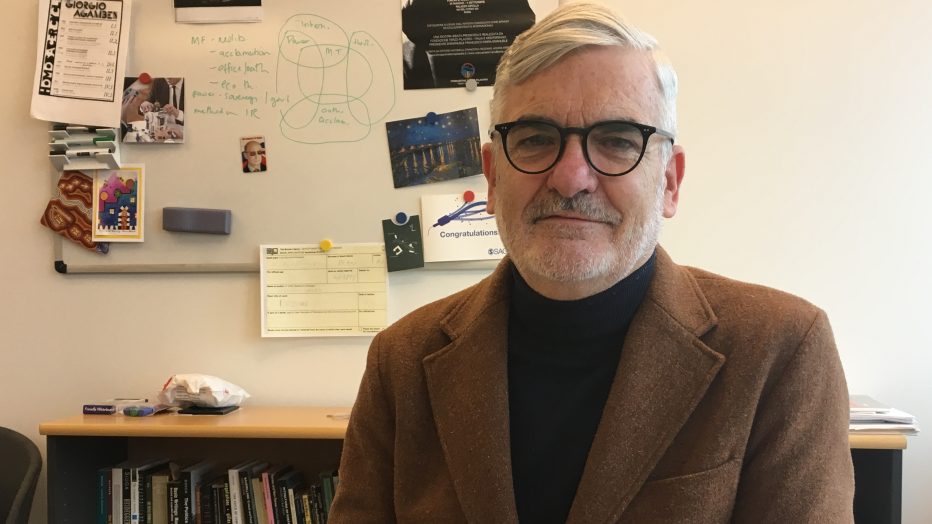
Mitchell Dean, Professor at CBS, is relieved because the law now allows him to fulfil his role as professor but he thinks that the damage to Denmark’s international reputation remains. (Photo: Anne M. Lykkegaard)
A new law reform is now making it possible for researchers to engage in sideline activities without having to apply for an extra work permit. However, the new law does not apply to all, and it is receiving a lukewarm reception from CBS researchers who have been affected by the previous law.
The Danish government has passed a new law reform, which makes it possible for almost all international researchers to engage in sideline activities, such as lecturing and being an external examiner outside of CBS, without applying for an extra work permit. The new law is put into force on June 10th 2018.
“I’m glad the law has been changed. That will allow us as researchers to function in a ‘normal’ way, as understood by the rest of the world and as required by the Danish education law that obliges researchers to share their work with the public,” says Brooke Harrington, who’s American and a leading expert in tax evasion at the Department of Business and Politics at CBS, about the law reform.
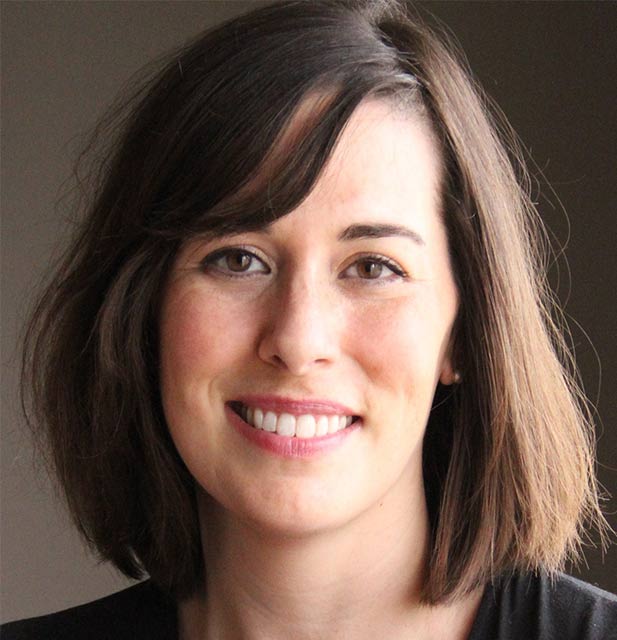
Brooke Harrington, American and a leading expert in tax evasion at the Department of Business and Politics at CBS, is glad that the law has been changed. Photo: Anne M. Lykkegaard)
Last year, she was reported to the police for engaging in extra tasks to the Danish Parliament, the University of Copenhagen, and to the Danish tax authorities (SKAT), as she did not have extra working permits for the different activities.
Now, researchers – including PhD students and visiting researchers – can engage in sideline activities without filling out a 19-page document. However, according to the Pay Limit Scheme, researchers who have been granted a residence permit are not covered by the new rules regarding secondary employment. These researchers will still have to apply for a permit for secondary employment.
According to HR at CBS, only very few researchers at CBS have been granted a residence permit according to the Pay Limit Scheme, and they are encouraged to change their residence status so that they can do sideline activities on the same terms as others.
“Law is only one aspect of the issue”
The Australian Professor, Mitchell Dean, from the Department of Management, Politics and Philosophy at CBS, did not have the police calling him like Brooke Harrington did. However, he was under investigation by the Danish Agency of International Recruitment and Integration (SIRI) because he held a PhD course and served as an external examiner outside of CBS.
The investigation meant that the application process of the extension for the work permits for both Mitchell Dean and his partner were put on hold. Therefore, he is also relieved about the passing of the new law reform.
“I am personally relieved because it allows me to fulfil my role as professor and to do what CBS expects me to do. Being a professor is not just a job. It is a vocation to create and disseminate knowledge as widely as possible,” he says.
However, he does not think that the new law reform is enough to make up for the damage to Denmark’s international reputation.
“It’s a sensible move. But law is only one aspect of the issue. The damage to Denmark’s international reputation remains. Not to mention the stress, harassment, anxiety and practical complications it has caused people. It plays into other bad images that are out there regarding the treatment of foreigners and minorities in general.”
When SIRI was investigating Mitchell Dean’s sideline activities, he started to have second thoughts about applying for a more permanent residence status. The passing of the new law has only changed those thoughts a little.
“We are reconsidering that issue. There are many great things about our life in Copenhagen, and we have great friends and neighbors. However, it leaves a bad taste in the mouth, and in general, has made us extremely sensitive to the treatment of foreigners and migrants here . It is very disheartening to see how, what used to be an open and tolerant society starts to make petty regulations on policing how people dress, for example, or treats refugees. I keep thinking if SIRI and the police can treat privileged foreign researchers like they have, what can happen to the poor and the weak in this society,” he points out.
An embarrassing process
During the autumn of last year, when the stories about the international researchers who were criminalized for sharing their knowledge peaked, Per Holten-Andersen, the President of CBS, said that:
“This is bureaucracy at its worst. It does not make any sense that researchers have to apply again and again in order to get permission to, for instance, be a guest lecturer, an external examiner, or give a presentation to a company. We risk scaring away talented staff members.”
Therefore, he is now happy that the politicians have changed the law.
“I’m extremely happy that the politicians have come to their senses and realized that these rules were harmful towards Denmark. But it doesn’t change the fact that it has been an embarrassing process, which has seized the headlines in German, British, and American newspapers,” he says to the Danish newspaper Politiken.



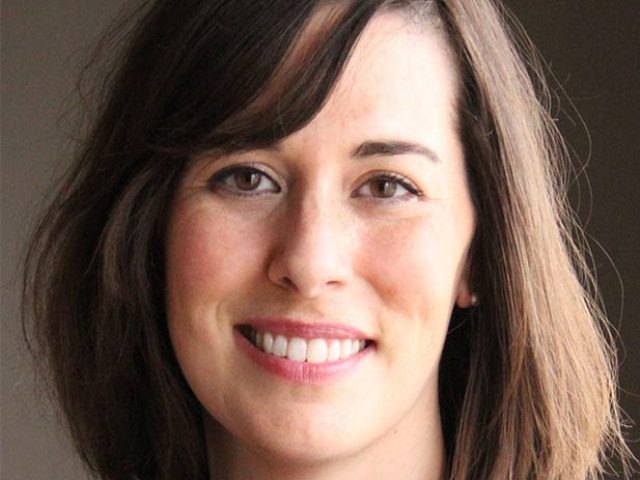
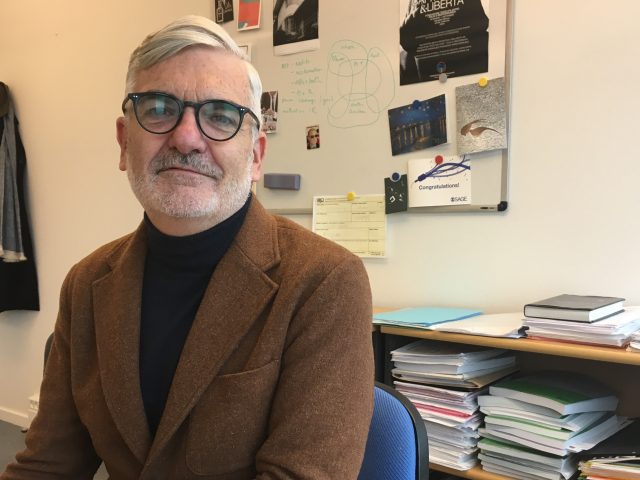
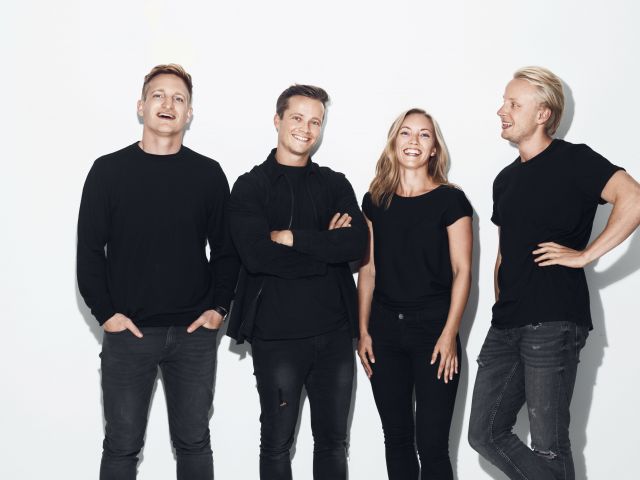
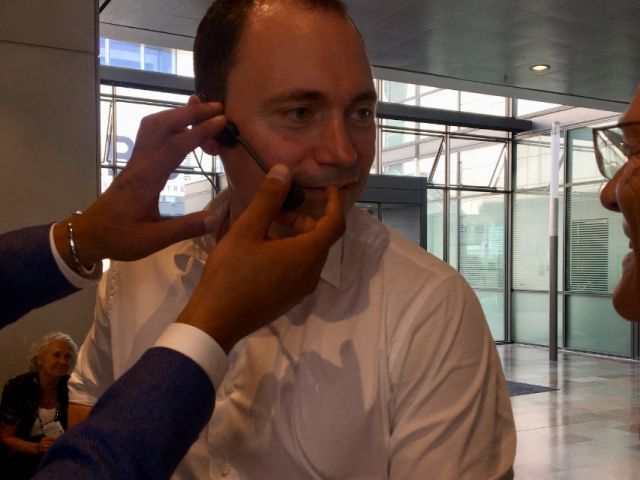





























































































































Comments